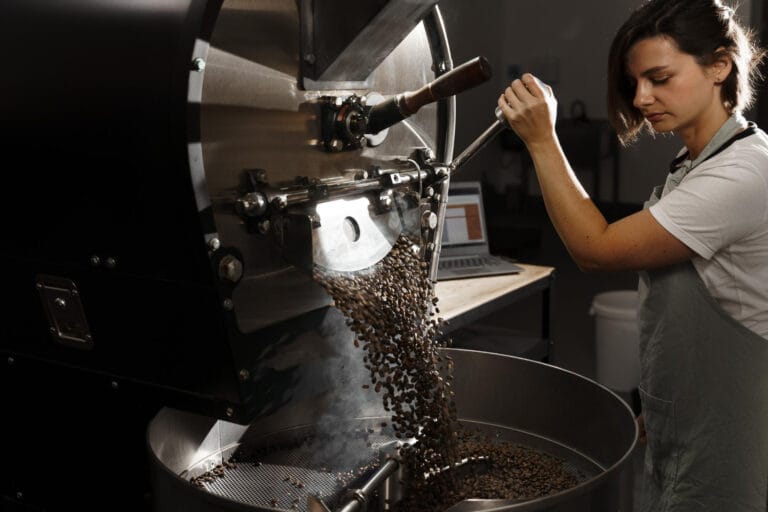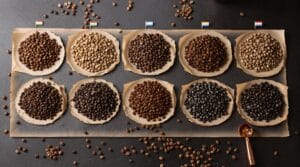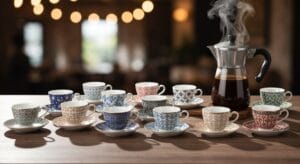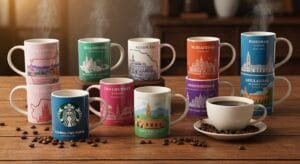When it comes to exceptional coffee experiences, selecting the right coffee roaster is paramount. After trying coffee from many roasters in the United States, I learned that good coffee relies on the roaster’s skills. It also relies on their focus on quality and careful attention to detail.
Grand View Research’s 2024 report, shows the global specialty coffee industry has grown by 10.4% each year over the past five years. This remarkable growth has fueled the expansion of small-batch and artisanal roasters, as consumers increasingly prioritize quality, transparency, and personalized coffee experiences.
The Comprehensive Evaluation System
To judge coffee roasters fairly, I made a clear evaluation system. This system focuses on key factors that set great roasters apart from average ones. This system examines:
- Product Quality – Consistency, flavor complexity, and freshness
- Product Range – Diversity of origins, processing methods, and roast profiles
- Sourcing Transparency – Origin tracking and information about coffee farms
- Environmental Practices – Environmental impact and ethical sourcing
- Technological Innovation – Roasting techniques and quality control
- Customer Experience – Education, service, and ease of access
Each criterion is scored on a 1-10 scale, with assessments based on multiple visits, blind tastings, and interviews with staff.
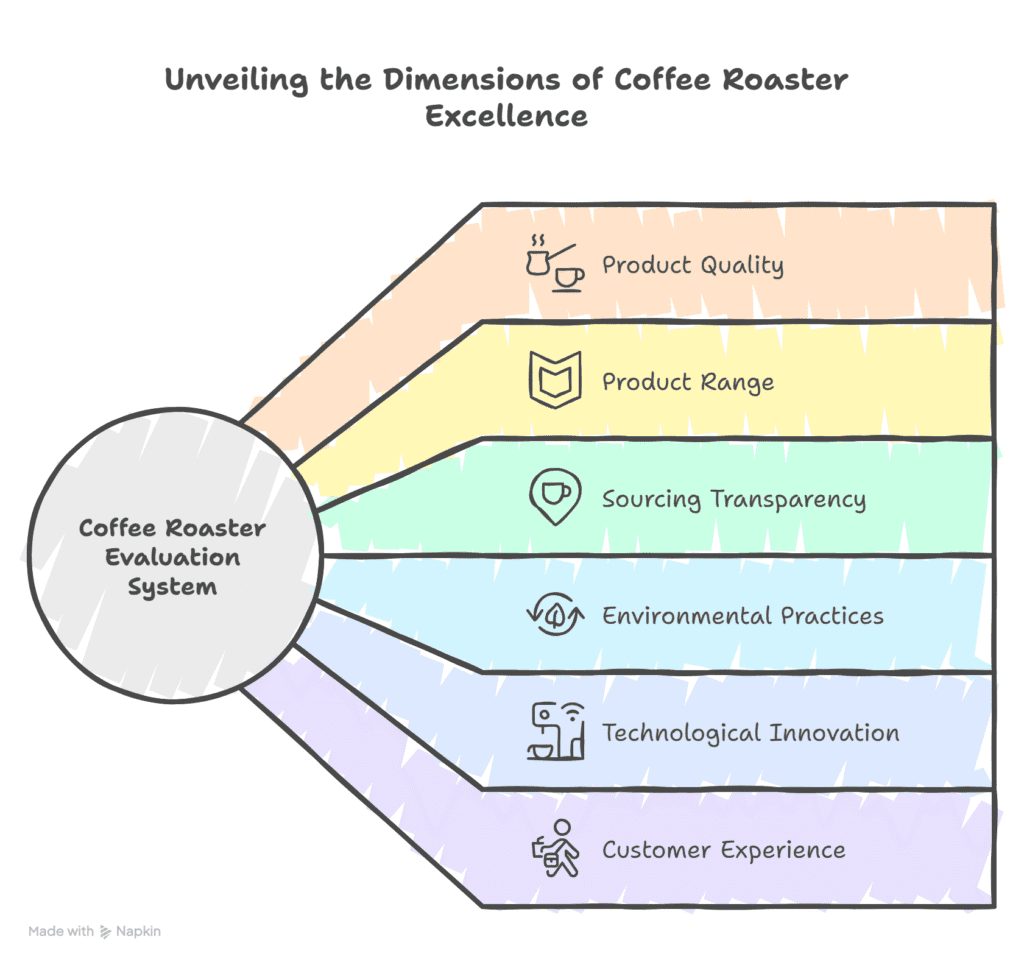
Certified Q Graders from the Coffee Quality Institute say that judging roasted coffee quality needs a standard scoring system. This system should focus on taste factors like aroma, flavor, acidity, aftertaste, and consistency. They stress the importance of consistency between roasting batches to ensure superior quality and an exceptional specialty coffee experience.
5 Best Coffee Roastery Worth Your Attention
After extensive evaluation, these five best local coffee roasters stand out for their exceptional quality and innovation:
1. Intelligentsia Coffee (Chicago, IL)
Established: 1995
Signature Trait: Direct Trade relationships with producers
Flavor Profile: Bright, clean, with pronounced acidity and complex sweetness
Overall Score: 9.4/10
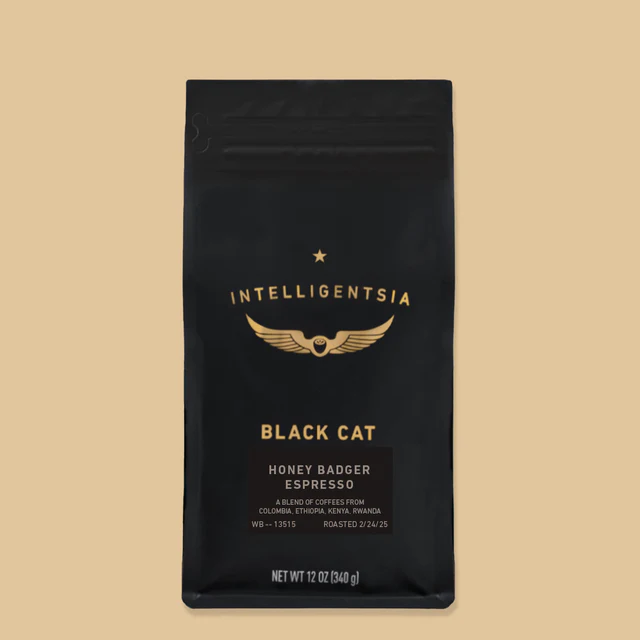
Intelligentsia pioneered direct trade practices in the specialty coffee industry and maintains exacting standards for their roasting process. Their Black Cat espresso blend remains a benchmark for consistency and complexity.
2. Counter Culture Coffee (Durham, NC)
Established: 1995
Signature Trait: Transparency reports and education programs
Flavor Profile: Balanced, with exceptional sweetness and clarity
Overall Score: 9.2/10
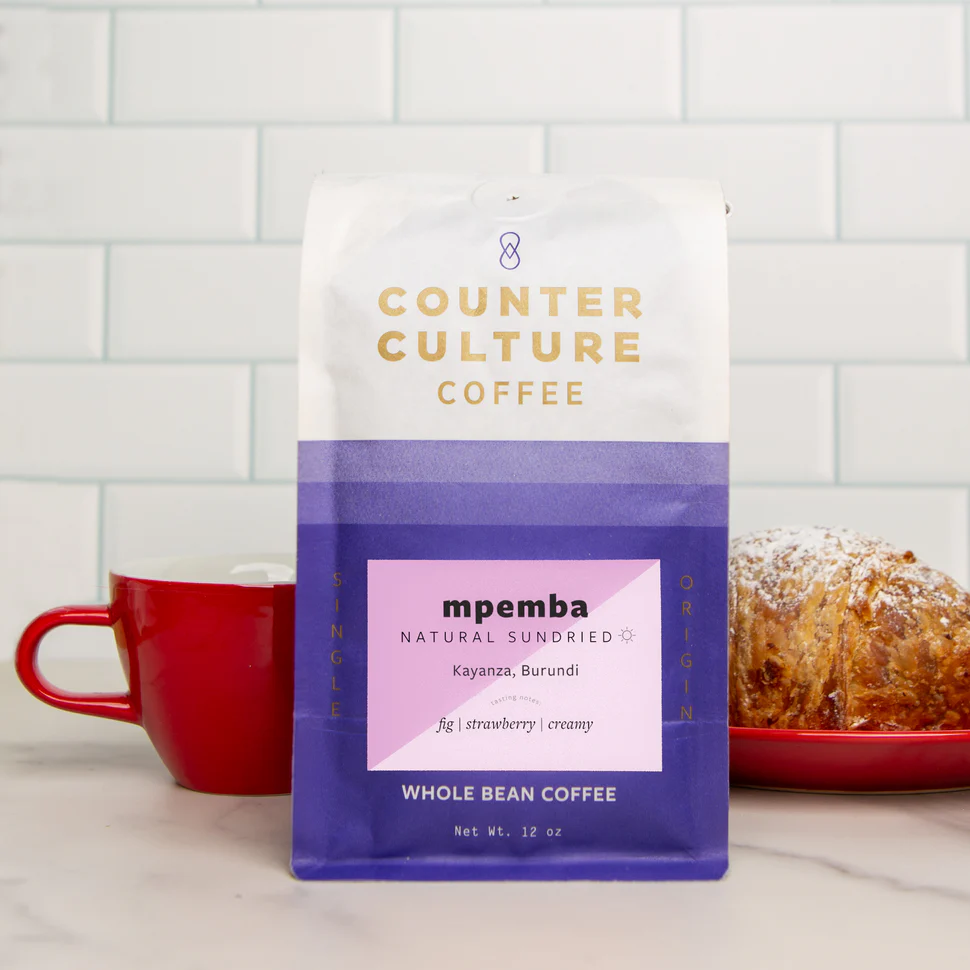
Counter Culture’s commitment to both quality and environmental practices makes them a standout choice. Their seasonal single-origin offerings showcase their roasting expertise.
3. Onyx Coffee Lab (Rogers, AR)
Established: 2012
Signature Trait: Competition-focused roasting and meticulous sourcing
Flavor Profile: Bold, distinctive, with exceptional sweetness and complexity
Overall Score: 9.1/10
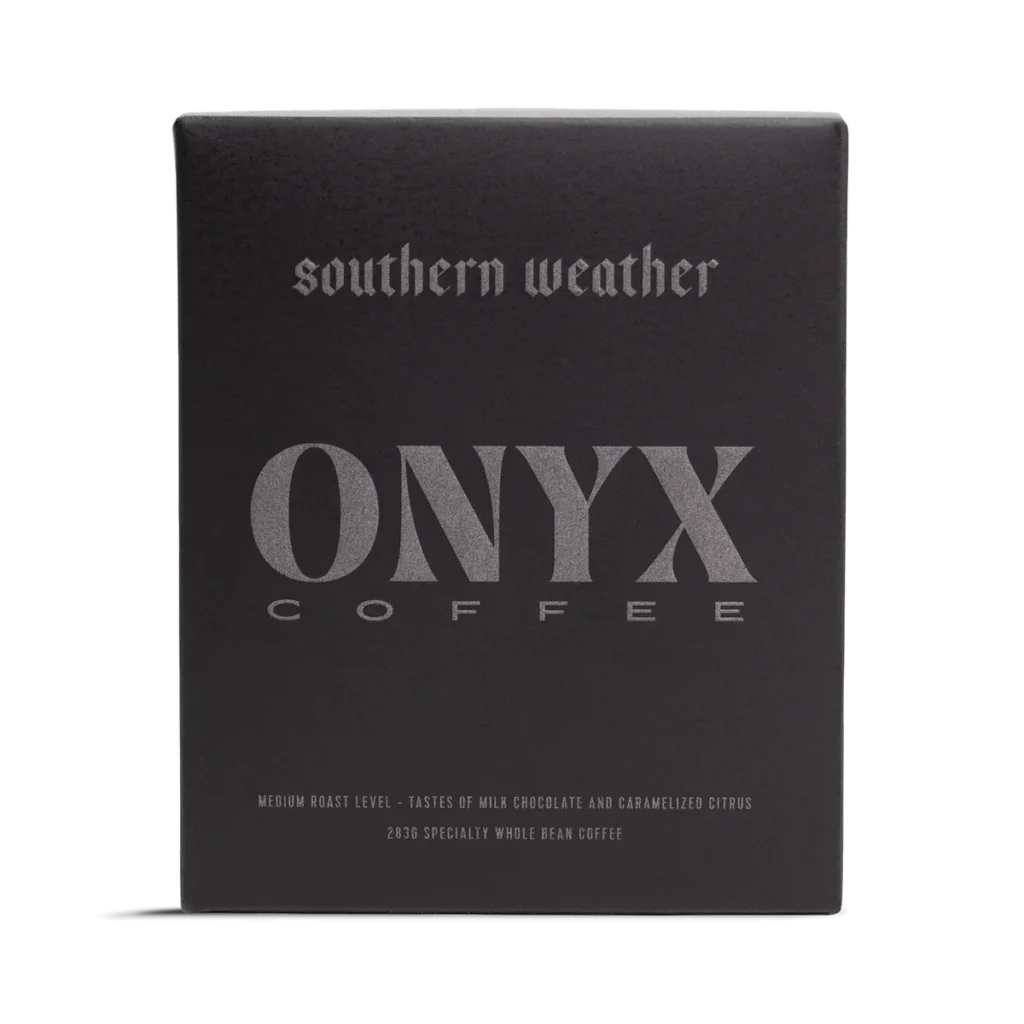
A relatively newer player, Onyx has quickly established itself through competition wins and innovative approaches to roasting.
4. Heart Roasters (Portland, OR)
Established: 2009
Signature Trait: Nordic-inspired light roasts with exceptional clarity
Flavor Profile: Bright, tea-like, with pronounced floral notes
Overall Score: 8.9/10
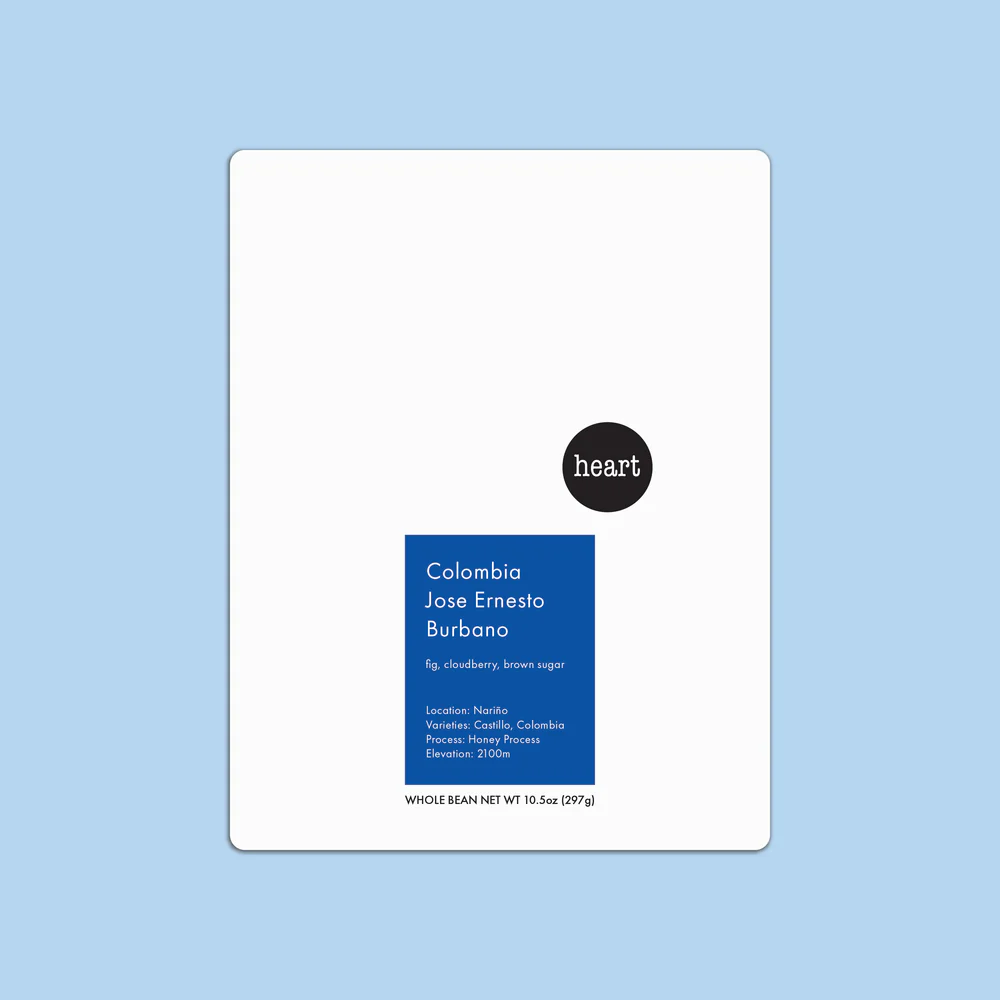
Heart’s distinctive approach to light roasting highlights the intrinsic qualities of their carefully sourced beans.
5. Verve Coffee Roasters (Santa Cruz, CA)
Established: 2007
Signature Trait: Farmlevel initiative and distinctive packaging
Flavor Profile: Vibrant, fruit-forward, with elegant complexity
Overall Score: 8.8/10
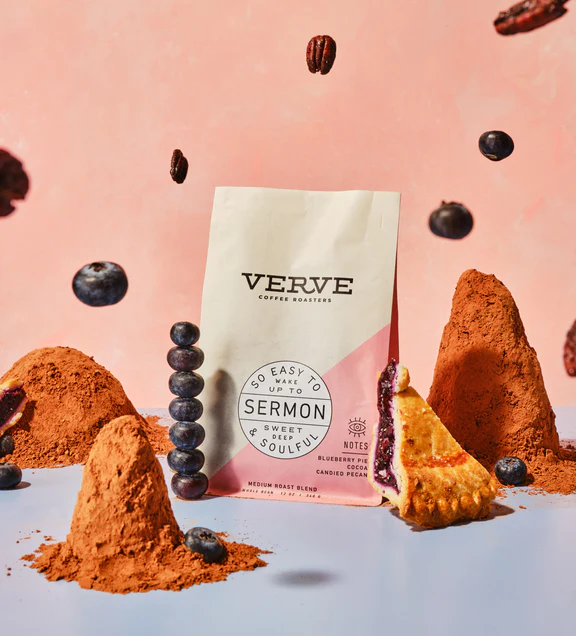
Verve combines California surf culture with serious coffee credentials and exceptional quality control.
Research published in Nature 2024 demonstrates that roasting techniques—including temperature, time, and roast profiles—directly influence chemical reactions like Maillard reactions and caramelization. These reactions create clear differences in flavor, acidity, bitterness, and taste in coffee. This gives us a scientific way to judge coffee quality based on its roasting.
MDPI’s 2023 research shows that coffee beans’ origin, growing altitude, and processing methods impact their chemical composition. These factors also influence the taste after roasting.
This is why top roasters must choose the best raw materials. They look for ideal growing areas and use proper processing methods. This helps ensure great quality.
Finding Your Perfect Roaster Match
Different coffee enthusiasts have different needs. Based on your preferences, here are my recommendations:
- For Beginners: Counter Culture Coffee offers excellent educational resources and approachable flavors
- For Connoisseurs: Onyx Coffee Lab’s experimental lots and award winning coffees
- For Sustainability Focus: Intelligentsia’s comprehensive direct trade program
- For Value: Verve Coffee offers exceptional quality at reasonable price points
The National Coffee Association’s 2023 report shows that 45-60% of specialty coffee drinkers prefer beans from local roasters. They value freshness, transparency, and want to support small businesses. This highlights the importance of thoroughly evaluating roasters to ensure quality and sustainable coffee experiences.
Emerging Trends in Coffee Roasting
The coffee roasting industry continues to evolve through technological innovation and environmental practices initiatives. Recent news published in SCA website shows that new technologies in coffee roasting have greatly improved consistency. These include computer-controlled roasting systems, real-time profile monitoring software, and IoT applications in quality control.
Intelligentsia Coffee uses Cropster’s software for roasting and quality control. This helps them track roasting profiles, analyze green coffee, and record cupping data. These tools support consistent production and improve flavor.
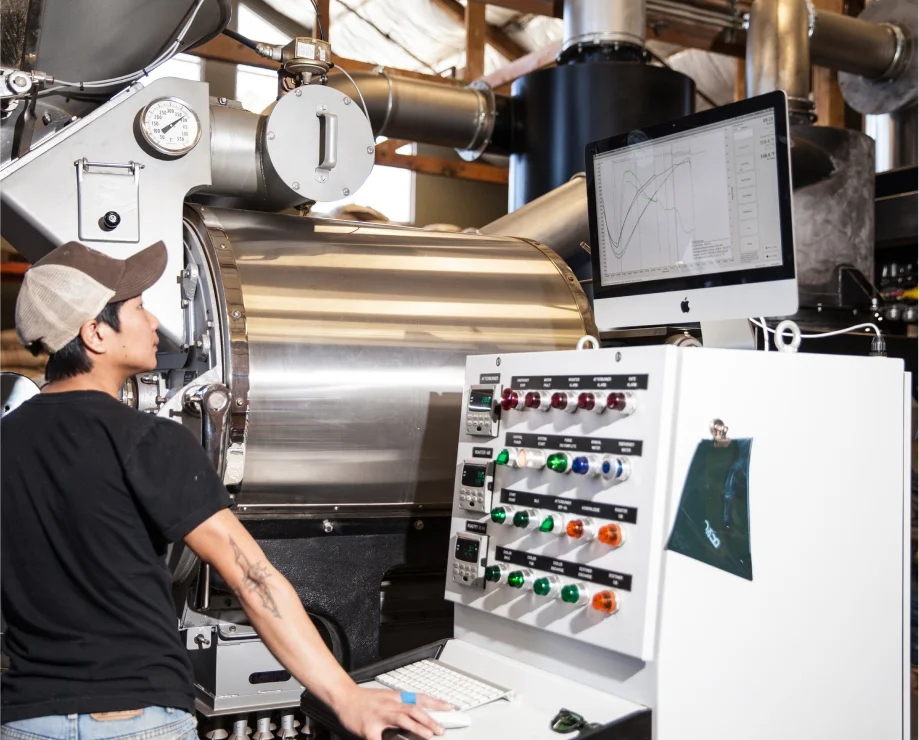
They have also gained from the precise control and quick feedback of Loring roasters. This helps prevent roasting defects and keeps high-quality standards. Together, these technologies enable Intelligentsia to monitor roasting variables closely and maintain distinctive flavor profiles across coffees from different origins.
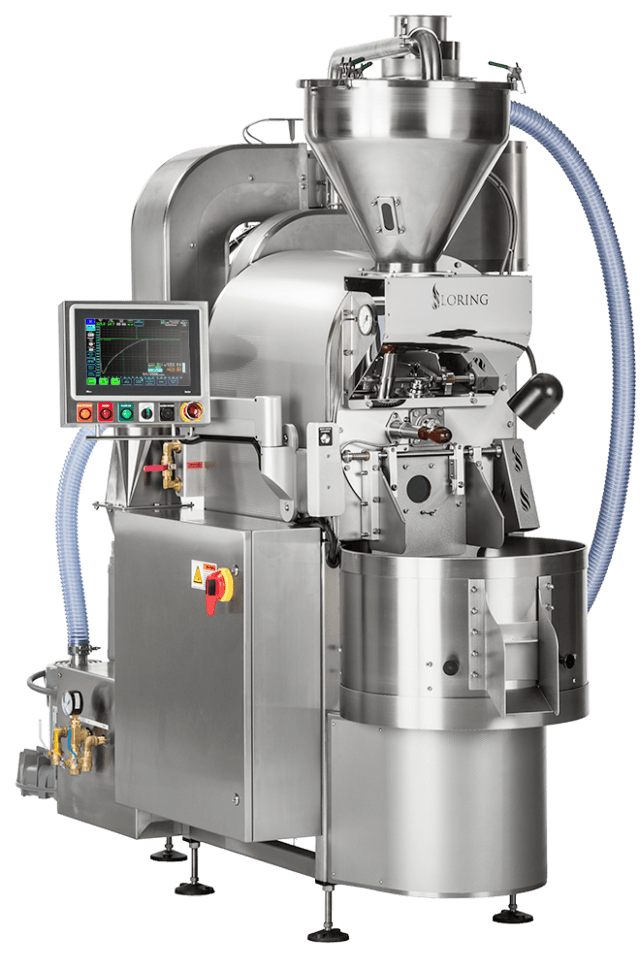
Final Thoughts
Choosing the best coffee roaster ultimately depends on your personal preferences and values. Whether you prioritize flavor complexity, sustainability, or educational resources, there’s a perfect roaster for your needs.
Environmental expert Stacey Toews from Fair Trade USA has some advice. When picking coffee roasters, consumers should look for their commitment to fair trade. They should also look for supply chain transparency and direct relationships with farmers. These factors not only ensure product quality but also contribute to building a sustainable and socially responsible coffee industry.
By knowing what makes great coffee roasters special, you can make better choices. This will improve your daily coffee routine from ordinary to extraordinary.
Now that you understand what makes exceptional coffee roasters stand out, you might be wondering where to actually experience these premium beans in your local area. Many of the roasters featured in our guide supply beans to carefully selected coffee shops that share their commitment to quality. If you’re looking to taste these expertly roasted beans without ordering online, check out our guide to finding good coffee shops near me that partner with top-tier roasters and maintain the same high standards from bean to cup.
What’s your experience with specialty coffee roasters? Do you have a favorite that didn’t make this list? Share your thoughts in the comments below!

